Curious thing, writer’s block. If you believe it exists. Terry Pratchett didn’t. ‘There’s no such thing,’ he said. ‘It was invented by people in California who couldn’t write.’ He had a point. Writers write, period. But there is a syndrome in my house known as Not Starting Anything New Through Fear Of It Being Not Very Good. Less catchy than ‘writer’s block’, but arguably a more accurate description of the condition.
My Covid-induced version of the above involved endlessly ‘honing’ an already completed play about my mother to devastatingly little effect and musing on the oldest creative question of all: is there a formula for writing success, and if so what is it?
The short answer, despite the many how-to-write-a-hit books (Robert McKee, Christopher Booker et al. ), is of course ‘no’. But something that might tilt the odds in your favour is to base your story around a famous speech.
The story of the genesis and execution of a history-making speech is a potential play, film or TV drama waiting to happen. There are legions of examples. George VI’s stammer-free 1939 declaration of war broadcast formed the basis of The King’s Speech, which won several Oscars. As did Darkest Hour, the story behind Churchill’s ‘We shall fight them on the beaches’. Martin Luther King’s ‘I have a dream’ has provided the climax to both films and plays, as has Mandela’s 1964 Rivonia speech with its stirring, this-has-got-to-be-a-movie final line: ‘It is an ideal for which I am prepared to die.’ Colonel Tim Collins’s exhortation before the 2003 Iraq war — ‘I know of men who have taken life needlessly in other conflicts. I can assure you they live with the mark of Cain upon them’ — was the foundation for the film Mark of Cain, proving that even if the cause is suspect, a film or play can still ensue, provided the speech is good enough or important enough. The same goes for Enoch Powell’s ‘Rivers of Blood’ speech, which was the crux of Chris Hannan’s play What Shadows.
It’s obvious once you think about it: great speeches come front-loaded with all the requirements for drama. The stakes are always high: freedom, war, life, death, the future of democracy, etc. The audience already know the outline of the story but are hungry for the dots to be filled in. The characters are big, with terrific back stories; Churchill, Mandela, King. The speech itself provides a natural climax to your story. And — big one, this — your chances of getting a star are good. What actor doesn’t salivate at the prospect of hogging the stage/screen with that final, rousing call to action?
Disclosure time: my 2015 play Dead Sheep, which enjoyed a sell-out London run and UK tour, was about a great speech. Geoffrey Howe’s 1990 oration in the Commons, which ended Mrs Thatcher’s career, was a masterpiece of understated brutality. ‘The time has come for others to consider their own response to the tragic conflict of loyalties with which I have myself wrestled for perhaps too long.’ (I love the ‘perhaps’.)
The 30th anniversary of the speech next month has sparked renewed interest in the play, and the story, which was a gift to a dramatist. Political careers were on the line. There was a ready-made cast of fabulous real-life characters: Thatcher, obviously, but also Alan Clark, the witty diarist and serial shagger, and Geoffrey’s wife Elspeth, a formidable headmistress type who hated Thatcher, and vice versa. Conflict makes for drama, and this story was full of it. And although Geoffrey, the dead sheep of the title, had zero charisma, that made the dramatic arc even more intriguing. How did a famously boring speaker end up making one of the greatest political speeches, ever?
If this whets your creative appetite, the good news is that there are plenty of speeches left. No one, to my knowledge, has made the focal point of their story Earl Spencer’s 1997 funeral oration for his sister: ‘Of all the ironies about Diana, perhaps the greatest was this — a girl given the name of the ancient goddess of hunting was in the end the most hunted person of the modern age.’ Spencer would make a rewarding, if challenging, character study: aristo-cad or eloquent revolutionary? Alas, Robin Cook’s 2003 ripsnorter, when he quit the government over the Iraq War — ‘I intend to join those… who will vote against military action now. It is for that reason, and for that reason alone, and with a heavy heart, that I resign from the government’ — will probably never make the cut because it had no effect: your chosen speech needs to have had consequences.
Forgive the reductive nature of all this: a great speech is, of course, just a starting point. You’ll also need believable dialogue, scenes that move the story on, fine actors and luck. But a historic speech definitely puts wind in your sails. Which prompts the question: could the next great-speech-that-gets-made-into-a-play-or-film be imminent?
The time feels right for a Geoffrey Howe mark II: a cabinet big beast who expresses what many believe but no one has yet said to the relevant face. Are you reading this, Rishi?
Got something to add? Join the discussion and comment below.
Get 10 issues for just $10
Subscribe to The Spectator Australia today for the next 10 magazine issues, plus full online access, for just $10.
Jonathan Maitland’s play Dead Sheep is published by Salamander Street.
You might disagree with half of it, but you’ll enjoy reading all of it. Try your first month for free, then just $2 a week for the remainder of your first year.

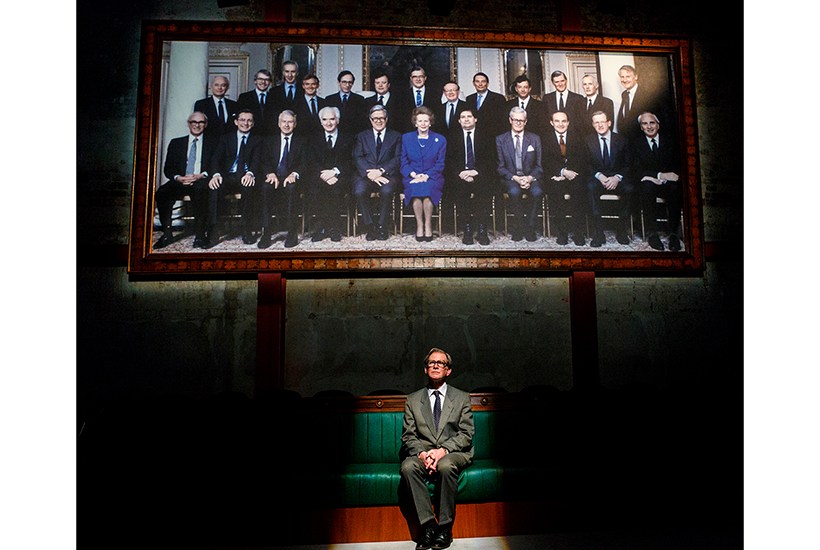
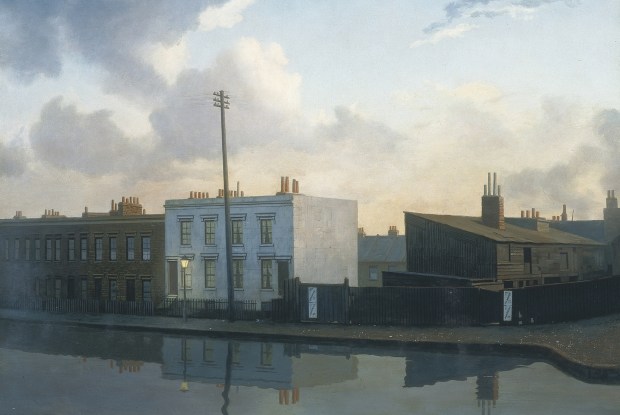
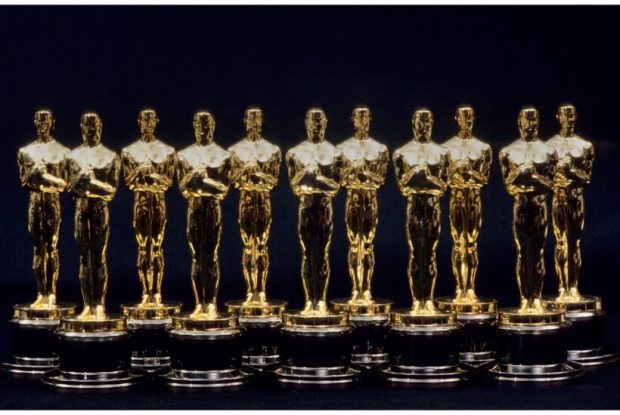
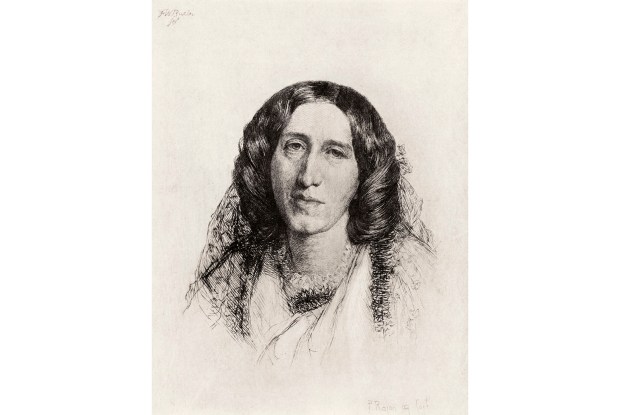
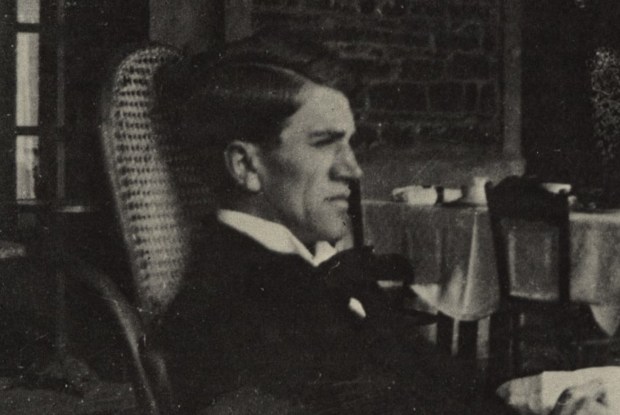








Comments
Don't miss out
Join the conversation with other Spectator Australia readers. Subscribe to leave a comment.
SUBSCRIBEAlready a subscriber? Log in